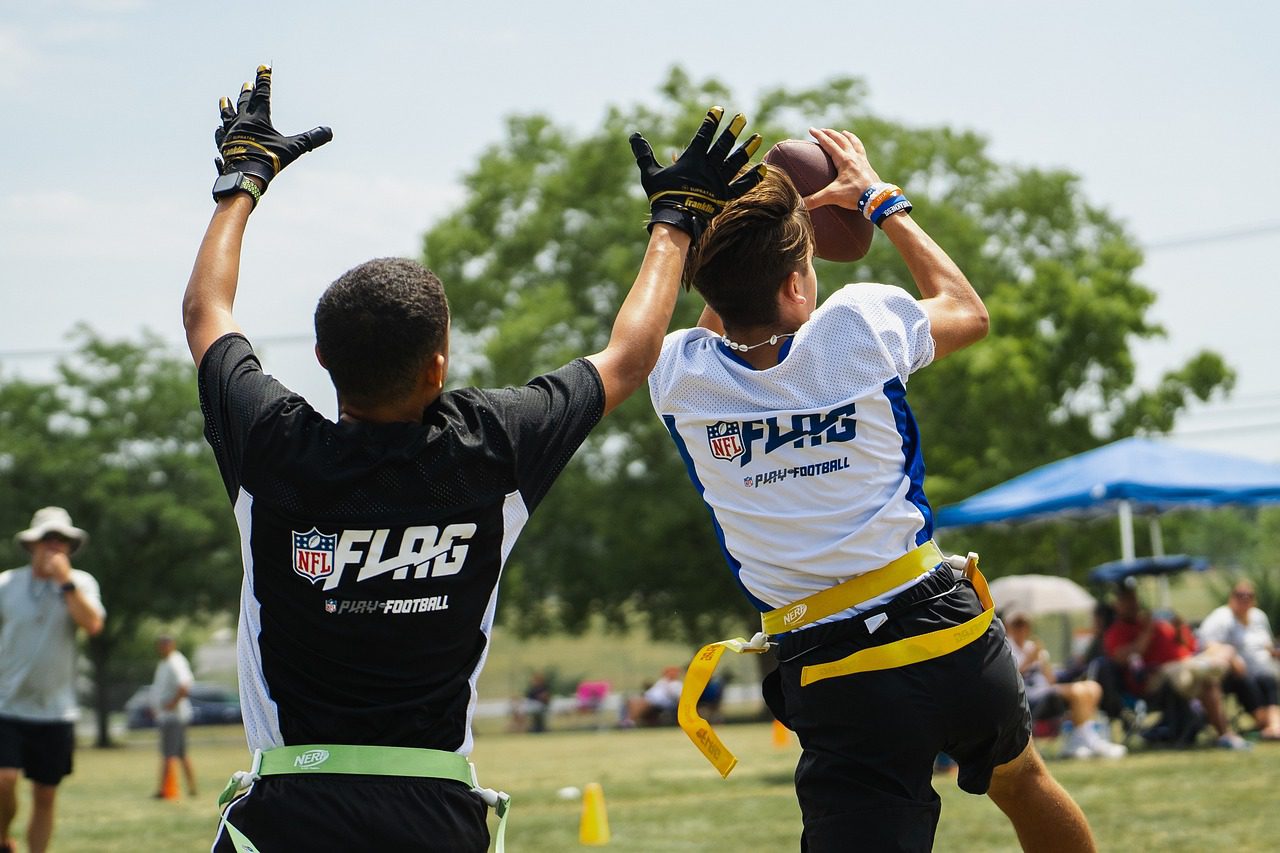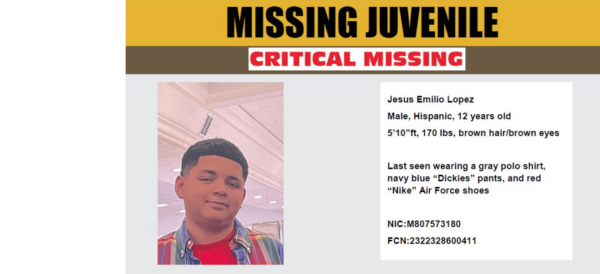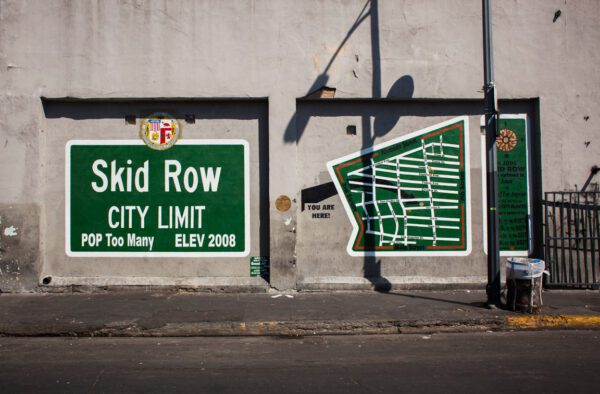By Paul Anderson
Three “foot soldiers” of the Orange County chapter of the Mexican Mafia were convicted Friday of killing a Costa Mesa-based drug dealer in the city of Orange allegedly at the behest of the reputed leader of the umbrella group for the local gangs.
Kevin Trejo, James Mendez and Mike Escobar were the first to go on trial in the Operation Night Owl racketeering indictment in April of last year that sought to take down the local Mexican Mafia and its reputed leader, Johnny Martinez. He emerged from a violent internal struggle that ensued when federal prosecutors twice convicted its prior leader, Peter Ojeda, who died in prison in 2018 while serving a 15-year sentence.
The three defendants were convicted of first-degree murder in aid of racketeering in the Aug. 21, 2017, killing of 28-yar-old Richard Villeda in the 800 block of East Culver Avenue. They are scheduled to be sentenced March 25.
Jurors began deliberating about 3:30 p.m. Thursday and reached a verdict about 12:30 p.m. Friday after resuming deliberations at 8:30 a.m.
Defense attorney Kenneth Reed, who represents Escobar, said, “There is still a sentencing hearing to prepare for. After that, I am confident that Mr. Escobar will avail himself of all of his post-conviction legal options.”
Martinez is scheduled to go on trial later, but prosecutors argued during this trial that the reputed gang boss ordered the hit on Villeda. Martinez, along with Robert Aguirre, 50, and Dennis Ortiz, 60, filled the void following Ojeda’s second federal conviction in January 2016 and until his death, authorities said. The three are “made men” in the mafia, prosecutors said, and, like Ojeda, Martinez allegedly runs the operation from jail and prison.
In the trial of Trejo, Mendez and Escobar, federal prosecutors convinced shot-caller Omar Mejia to testify against the defendants.
Federal prosecutors argued the case was built on wiretaps, surveillance video, data recovered from the phones used by gang members and associates, the triangulation of cellphone movement the night of the killing and the testimony of a shot-caller who is now cooperating with the government.
“One night in August 2017 these three defendants lured Richard Villea into a car and they assassinated him, they shot him in the back and in the back of the head, and they left him in the street, moaning, bleeding to death,” Assistant U.S. Attorney Christopher Matthews said. “Why? Why did they do this… Make no mistake. This was Mexican Mafia business. This was a hit ordered by Johnny Martinez.”
Mejia would be considered “management” in the Mexican Mafia while Trejo, Mendez and Escobar were “foot soldiers,” Matthews said.
“Violence is a key aspect of this enterprise,” Matthews said of the Mexican Mafia.
The other big business is drugs, he added.
“Richard Villeda was selling drugs,” Matthews said. “He was expected to pay taxes to Johnny Martinez to sell drugs… But when he came up short, just a few thousand dollars, they decided to cut short his life.”
Investigators collected nine shell casings at the crime scene, and they believe at least two guns were used in the killing, Matthews said.
Mary Hansen, who lives next to the last orange groves in the county in a quiet and safe neighborhood, testified that she happened to be awake about midnight, staring out of the window of her bedroom, when she heard a loud cluster of explosions she assumed initially was from fireworks.
“It was a weird coincidence,” she said. “I wasn’t in bed. I was standing, looking toward the street … I heard what I thought was fireworks… Then I saw a black SUV driving by my house.”
She noticed the license plate had lights all around it that made it stand out in the night, she testified.
She testified she heard one loud bang followed by a cluster of loud noise before she saw the SUV driving away. When she went to her front door she heard “some moaning, very slight moaning” and saw a “dark figure” near a tree that she later learned was Villeda, she said.
Two neighbors from across the street were dashing over hollering “call 911,” which Hansen was already doing, she testified.
Officer David Schweitzer of the Orange Police Department’s crime scene investigation unit testified that he recovered numerous shell casings from a .357-caliber weapon and from another 9 mm weapon along with a cellphone. Villeda had $4 in his pocket along with a lottery scratcher he bought earlier that night at a liquor store in Whittier.
Villeda worked with his girlfriend, Danielle Canales, a cousin of Martinez’s, but he was accused of stealing drugs or money intended for Martinez, prosecutors said. And it wasn’t the first time, they added.
Orange Police Department Detective Matthew Moss testified about a series of text messages Escobar allegedly sent to Canales’ phone setting up a meeting on the evening Villeda was shot to death.
In one text message, Escobar allegedly told Canales, “Hey D, let P know to get at me,” referring to Villeda’s alias of “Pedro,” Moss testified.
The two agreed to pick up Villeda in an alley running parallel to the row of apartment buildings where the victim and his girlfriend lived in Anaheim, Moss testified. Surveillance video shows the SUV picking up Villeda minutes before midnight Aug. 20.
Matthews argued that Martinez ordered the hit from jail, but authorities had not gotten a wiretap of his phone up yet so it was unrecorded. Mejia took a plea deal and agreed to testify for prosecutors about the “greenlighting” of Villeda’s murder.
In a later wiretapped call Martinez is heard discussing his order to kill Villeda, Matthews argued.
Escobar was in charge of planning the execution and he recruited Mendez and Trejo, Matthews argued.
Text messages from phones seized by authorities provided key evidence, the prosecutor said.
“Those texts tell the story of how the murder was set up,” Matthews said.
Escobar texted the victim, “I’m going to need your help” to lure him into a Jeep Cherokee that was stolen from an Avis rental business at John Wayne Airport by Darline Mendoza, the girlfriend of Trejo’s brother, and Trejo’s girlfriend, Carina Aguilar, prosecutors said.
Trejo eventually fled to Tijuana, where the Jeep Cherokee was found abandoned, Matthews argued.
Another key witness in the trial was Robert Shermantine, a postal carrier who used his job for identity theft and was contacted by Trejo for his gunsmithing skills, Matthews said.
Shermantine feared Trejo, but he also craved “a taste of the gangster life,” Matthews said.
“He was fearful of going to Mexico with Trejo because he feared he would make him disappear,” Matthews said.
Trejo asked Shermantine to change out the barrel of his .357-caliber gun to foil investigators who would try to make a ballistics match from shell casings found at the scene, Matthews argued.
“There was nothing wrong with that gun, no reason to change that barrel,” Matthews said.
In one of the wiretapped calls, Martinez is heard praising Escobar, saying, “You earned it, big dog.”
Martinez also said Trejo “put everything on the line for” the Mexican Mafia boss, according to prosecutors.
In another call, Martinez directs his associates to put the word out in the county jail that Mendez was to have free rein doing Mexican Mafia business, according to prosecutors.
Referring to Mendez, Martinez said, “That’s a good friend. He’s like family to me… I want everybody in county jail to know that he’s there for me.”
Matthews argued that none of the three defendants “had any reason to” kill Villeda.
“They did it for the Mexican Mafia,” he said. “They increased their status, their position in the enterprise.”
Attorney Oliver Cleary, who represents Trejo, argued that prosecutors had put together a “circumstancial” case, “the weakest they can bring.”
Cleary said, “Show me evidence that Kevin Trejo was actually at the crime scene or at Mr. Villeda’s residence.”
Cleary argued that the data showing the cellphone movements were unreliable. He argued the data from prosecutors “showed he wasn’t there.”
Cleary said investigators did not recover any DNA or fingerprint evidence from the abandoned Jeep Cherokee. Cleary also argued Shermantine was an unreliable witness. “He was a mail carrier who didn’t deliver the mail, he stole it,” he said.
Shermantine also testified that one of the investigators in the case waved around a “Chinese restaurant menu” as a search warrant to “illegally search his house,” Cleary said.
“Shermantine is not credible. You cannot trust him as far as you can throw him,” Cleary said.
He referred to Mejia as a “chameleon” who “changes for whoever he has to please.”
Trejo has family in Mexico and his “mother was very ill” when he went down there, Cleary argued.
Defense attorneys John Aquilina, who represents Mendez, and Reed attacked the accuracy of the cell phone data used in the trial.
Some of the investigators in the case “got drunk on that tech,” Reed said.
“There were holes in this case, which is why they had to make a deal with Mejia,” Reed said.
Reed questioned why prosecutors did not use evidence retrieved from Mejia’s phone to back up his testimony on the call in which Martinez allegedly ordered the hit.







